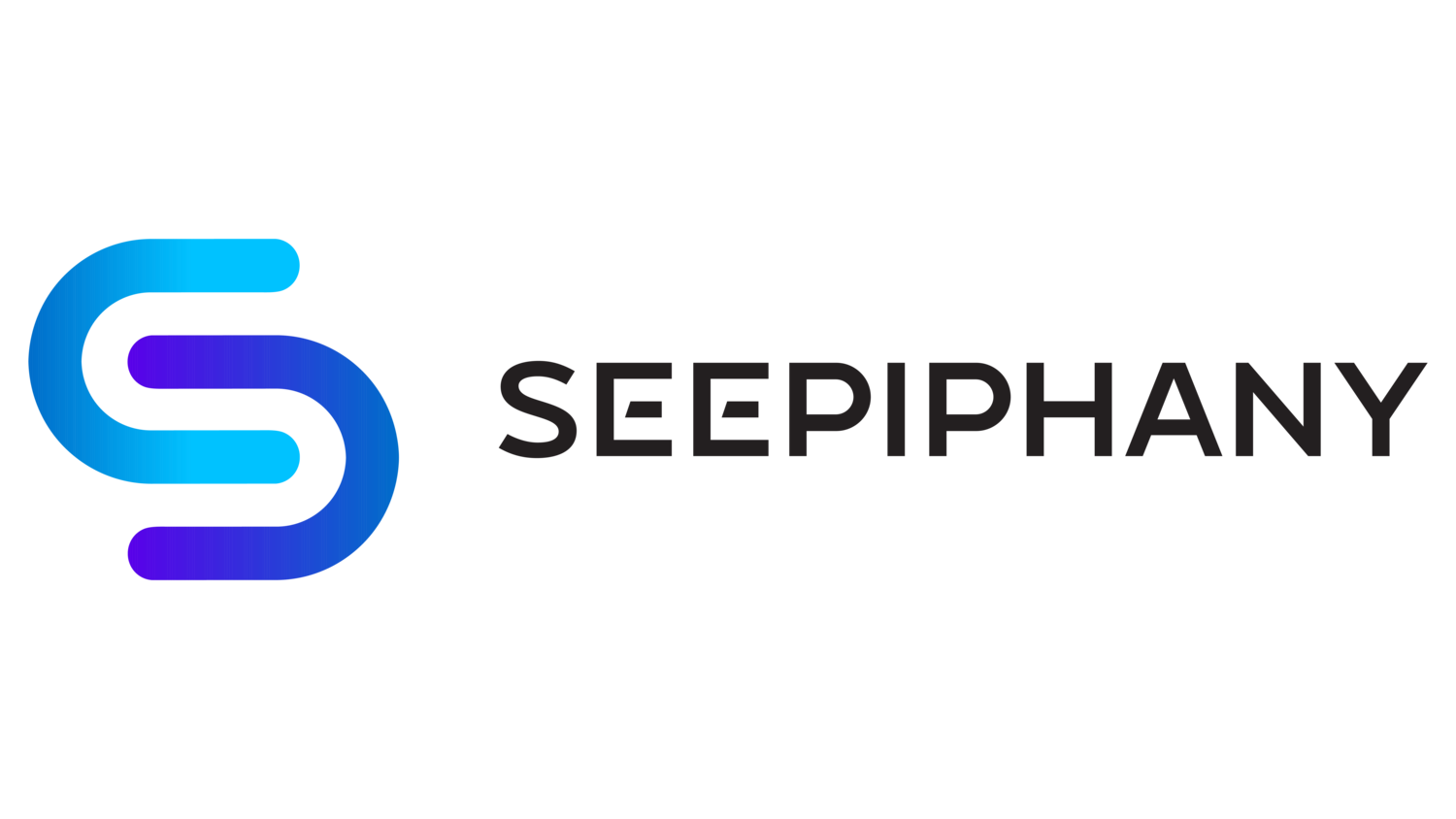What is NetSuite?
Introduction
Before we talk about NetSuite, it’s important to define what ERP is and what it’s used for. ERP, or Enterprise Resource Planning is software where organizations can manage their daily business activities. Such as, accounting, project management, procurement, supply chain operations, and more. One of the values of ERP solutions is the ability to integrate and manage each activity and allow for the flow of data between them which greatly improves the processes and efficiencies of an organization.
So, what is NetSuite?
In this article we’re going to focus on what NetSuite is used for and how it provides a best of brand solution that is customizable, accessible, and scalable.
NetSuite is the world’s #1 cloud ERP solution that was developed with small and mid-size businesses in mind, but due to the scalability of the platform it can fit the needs of any sized organization. Plus, the ability to customize the solution to fit your business, regardless of your industry or needs makes it stand out. Also, did we mention that it was cloud native? While cloud native means a lot of things, in this article will focus on the accessibility provided to you from NetSuite.
Customization
A lot of the time companies’ systems can be cumbersome, and it seems that your “solutions” end up working against you and not for you. NetSuite can be used for any role within your organization. Each job function can be configured in the system in a user-friendly way so an employee can view exactly what they need to accomplish exactly when they need to. These views are called dashboards and they greatly improve efficiencies and increase visibility across the organization. The best part, is NetSuite’s intuitive, “code-to-click” approach means you don’t need a developer team to do this.
Other than role-based configuration, NetSuite also provides companies the option to integrate third party software with the system. While NetSuite’s unified system can be used for all your business needs, if, for example, you need more functionality from a service scheduling app, then these platforms can be easily integrated with NetSuite. However, these are just a few of the many systems that can be integrated with NetSuite.
Accessible
NetSuite’s unified database allows users access and visibility to their data. Without ERP employees may have to manually enter data for invoicing or reports and there’s bound to be an error, regardless of how careful you are. Things such as unified customer records and the aforementioned dashboards truly give your organization second to none, real time visibility.
What’s the good of having all these capabilities if you’re not able to access them wherever and whenever you need. All you need is an internet connection and your browser. Windows, iOS, or Linux and you can access on your laptop, desktop, tablet, or phone. Whether you’re a sales rep. in an airport lobby, a customer support agent working from home, or a project manager on site, you’ll have what you need at your fingertips.
Scalable
Your systems should never hold you back, on the contrary, they should facilitate your growth and scale with you. When you implement NetSuite, you have a partner and system for the long haul. You will not need to switch up your systems when your business expands. If you need more users, you can just simply add them or upgrade to NetSuite Enterprise. Expanding internationally? Then you can start using NetSuite OneWorld.
Closing
We’ve just scratched the surface of the capabilities of NetSuite, but hopefully you have a high-level grasp of what NetSuite is used for and how it can help improve your business processes. You can expect there to be more posts diving into the capabilities of NetSuite and how it can help you and your organization, so stay tuned!
If you’d like a free consultation on NetSuite, please fill the form below and a member of our sales team will reach out to you to schedule a call!




